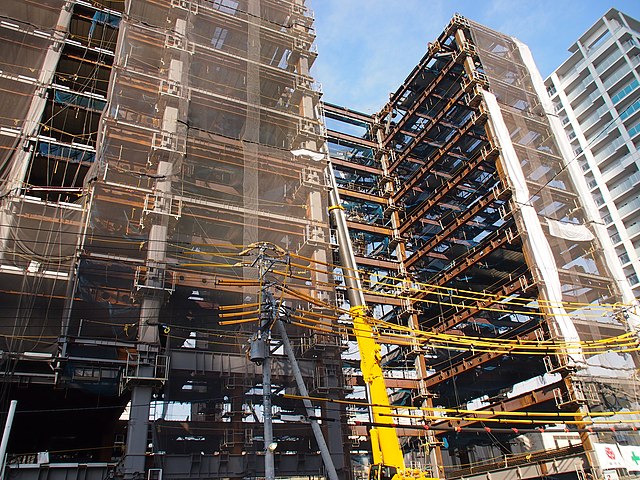In the world of construction, the ability to seamlessly orchestrate complex projects from inception to completion is a true art form. Mastering project management in construction requires a combination of technical expertise, effective communication, meticulous planning, and adaptable problem-solving. In this blog post, we will delve into the essential principles and strategies that pave the way for successful project management in the construction industry.
1. The Foundation: Comprehensive Planning
A well-constructed building begins with a well-constructed plan. Project managers in construction must meticulously outline every aspect of a project before the ground is broken. This involves defining project objectives, scope, budget, and timeline. By creating a detailed project plan, potential risks can be identified and mitigated early on, leading to smoother execution.
2. Agile Adaptability
While a comprehensive plan is essential, the nature of construction projects often requires adaptability. Unforeseen challenges such as weather disruptions, material shortages, and design changes can occur at any stage. Project managers must possess the agility to adjust plans and allocate resources on the fly. This demands clear communication channels and a team ready to pivot as needed.
3. Effective Communication
Communication is the cornerstone of successful project management. Construction projects involve a diverse array of stakeholders, including architects, engineers, contractors, subcontractors, and clients. Ensuring everyone is on the same page is paramount. Regular meetings, progress reports, and transparent documentation keep everyone informed and aligned.
4. Skillful Risk Management
Construction projects are inherently risky endeavors. From site safety to budget overruns, project managers must identify, assess, and manage risks effectively. This involves developing contingency plans, maintaining a buffer in the budget for unexpected costs, and adhering to strict safety protocols to protect both workers and the project’s timeline.
5. Resource Allocation
Managing resources—both human and material—is a balancing act in construction. Skilled project managers know how to allocate resources efficiently, avoiding bottlenecks and optimizing productivity. This requires a deep understanding of the project’s requirements and the strengths of individual team members.
6. Embracing Technology
The digital age has revolutionized project management in construction. Advanced software tools allow project managers to create detailed 3D models, simulate construction processes, and track progress in real-time. Building Information Modeling (BIM) software, for instance, enables stakeholders to collaborate and make informed decisions based on accurate data.
7. Quality Control and Assurance
A successful construction project is not just about completion—it’s about delivering a high-quality product. Project managers must implement robust quality control processes to ensure that every component of the project meets the required standards. This involves regular inspections, testing, and adherence to industry regulations.

8. Leadership and Team Management
A project manager’s role extends beyond logistics; they must also be effective leaders. Motivating and managing a diverse team of professionals with varying skill sets requires strong leadership skills. Fostering a collaborative and positive work environment enhances productivity and morale.
9. Environmental and Ethical Considerations
In today’s world, sustainable and ethical construction practices are gaining prominence. Project managers must consider environmental impacts, energy efficiency, and responsible sourcing of materials. Adhering to these principles not only benefits the environment but also enhances a project’s reputation.
10. Continuous Learning and Improvement
Mastering project management in construction is an ongoing journey. Learning from each project—both successes and setbacks—enables project managers to refine their strategies and approaches. Attending industry conferences, staying updated on the latest technologies, and seeking mentorship all contribute to professional growth. If you want to find great tips and information about construction, you may visit Paramount Exteriors and Roofing to learn more.
Conclusion
The construction industry is a dynamic and demanding arena where mastering project management is a true testament to skill and dedication. From initial planning to final inspection, project managers play a pivotal role in ensuring the successful realization of architectural visions. By embracing comprehensive planning, effective communication, adaptability, and a commitment to continuous improvement, project managers can navigate the complexities of construction and build a legacy of success—one brick at a time.


